Advocacy
COVID-19
General Pediatrics
Health Equity/Social Determinants of Health
Hospital Medicine
Literacy
Medical Education
Public Health
Social Media & Technology
Trainee
Medical Myth Busters: Equipping Clinicians & Educators to Defeat Health Misinformation
-

Audrey Uong, MD, MSc
Assistant Professor of Pediatrics
Pediatrics
The Children's Hospital at Montefiore
Children's Hospital at Montefiore
New York, New York, United States -
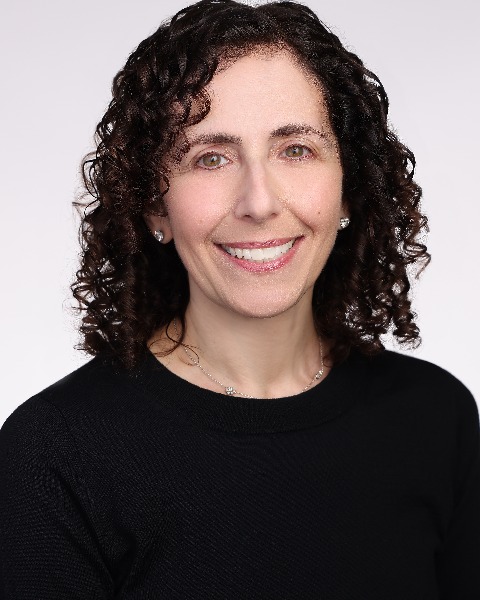
Leora Mogilner, MD (she/her/hers)
Associate Professor of Pediatrics
Pediatrics
Icahn School of Medicine at Mount Sinai
New York, New York, United States -
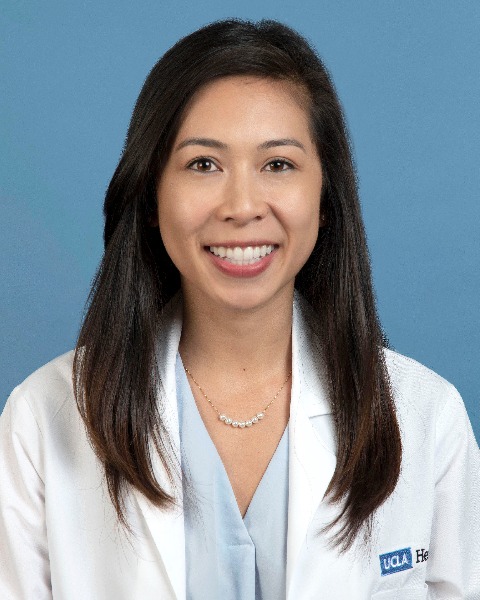
Christine Thang, MD (she/her/hers)
Assistant Clinical Professor
Pediatrics
University of California, Los Angeles David Geffen School of Medicine
University of California Los Angeles
Los Angeles, California, United States -
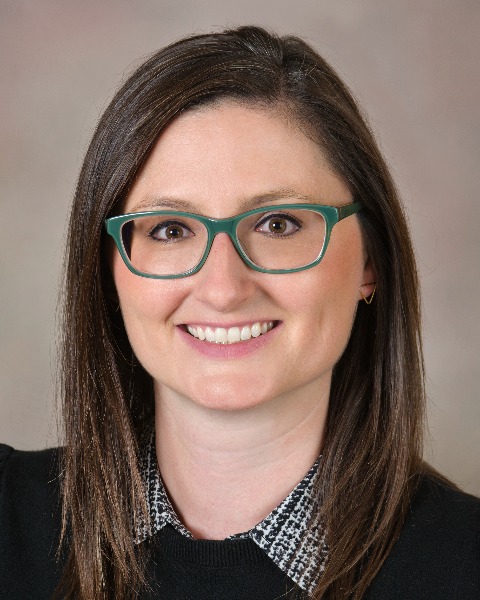
Kelsey Richardson, MD, MS (she/her/hers)
Associate Professor of Pediatrics
Oregon Health & Science University
Portland, Oregon, United States -
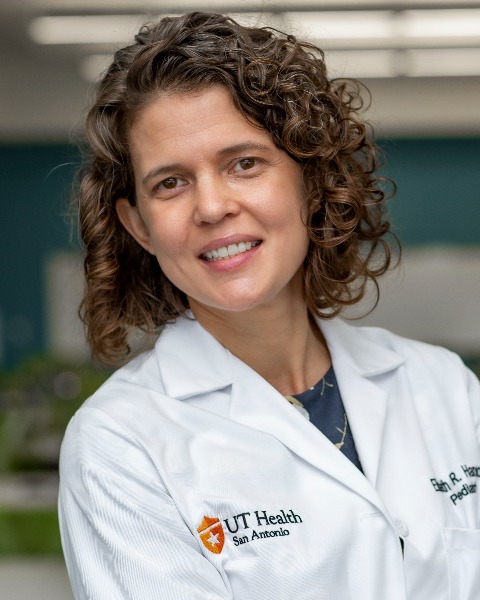
Elizabeth Hanson, MD, MA (she/her/hers)
Professor
UT Health San Antonio Long School of Medicine
San Antonio, Texas, United States -
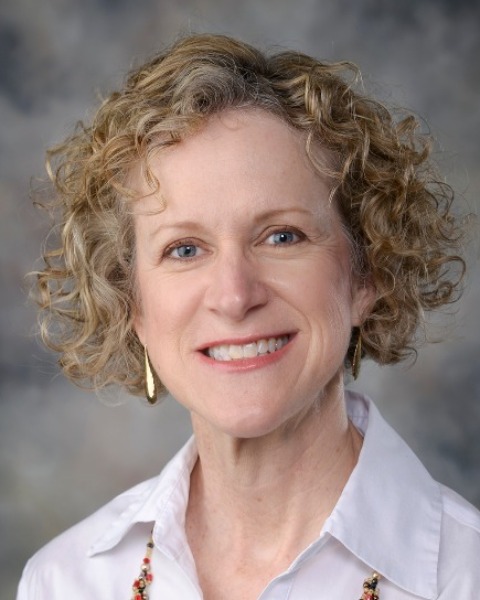
Nancy Kelly, MD, MPH (she/her/hers)
Professor of Pediatrics
Pediatrics
UTSW Medical Center
Dallas, Texas, United States -
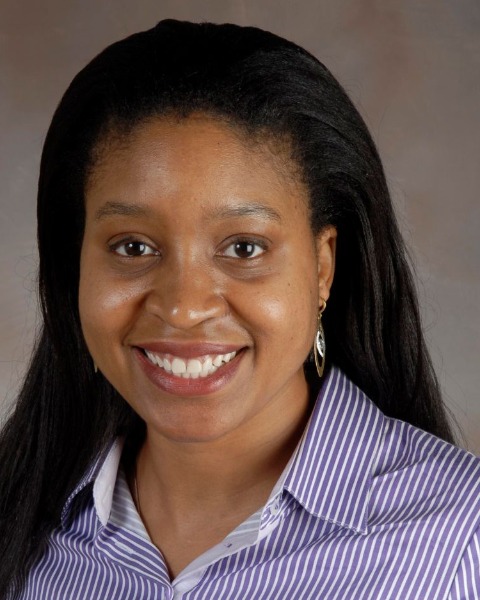
Emma Omoruyi, MD, MPH
Professor
Pediatrics
John P. and Kathrine G. McGovern Medical School part of UTHealth at Houston
Houston, Texas, United States -
HR
Hai Jung Helen Rhim, MD, MPH, MHPE (she/her/hers)
Associate Professor
NYU Grossman School of Medicine, United States -
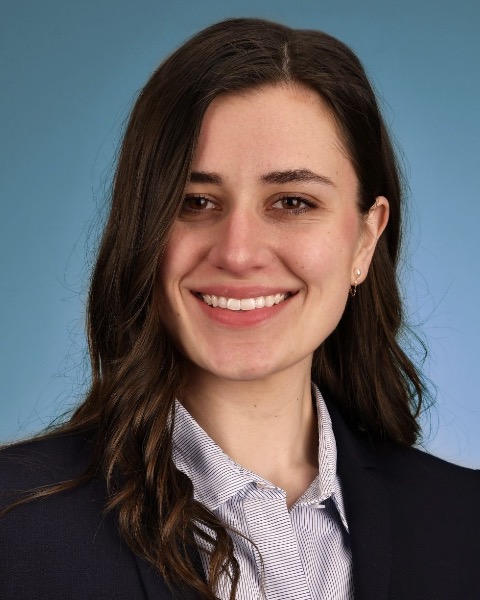
Bailey Mills, MD
Physician
UNC Chapel Hill, United States
Leader(s)
Co-Leader(s)
Workshop Description: The US Surgeon General’s Office has labeled health misinformation as a “serious threat to public health.” Health misinformation, or false information related to health, has surged in recent years. Professional organizations and experts have asked health professionals to guide the public to accurate sources of health information and to refute health misinformation. Future clinicians will need to learn about the landscape of health misinformation and learn how to engage with health misinformation during clinical encounters. However, there are few resources available on how to structure effective curricula for trainees and faculty who will be at the forefront of clinical practice.
This interactive workshop is designed to address the growing need for structured training on health misinformation for medical trainees. Attendees will examine examples of health misinformation, delve into the roots of health misinformation and explore its recent acceleration. Through practical exercises, attendees will practice evidence-based communication and counseling strategies and frameworks, such as Motivational Interviewing or the Elicit-Share-Elicit approach, to effectively communicate with patients who may be misinformed. Attendees will also collaborate to discuss how they can integrate health misinformation training into curricula for learners at various levels of training at their respective institutions, including potential barriers and strategies to keep learners engaged and informed. Attendees will leave with a toolbox to combat health misinformation, with counseling strategies, ideas for curricular development, and a network of like-minded peers to continue to collaborate to prepare future clinicians to practice in an environment with widespread health misinformation exposure.
Learning Objectives:
- Describe the history of health misinformation and its acceleration with the advent of social media and personal devices
- Apply appropriate counseling strategies to counsel misinformed patients
- Discuss how to incorporate training on health misinformation for learners at different levels

